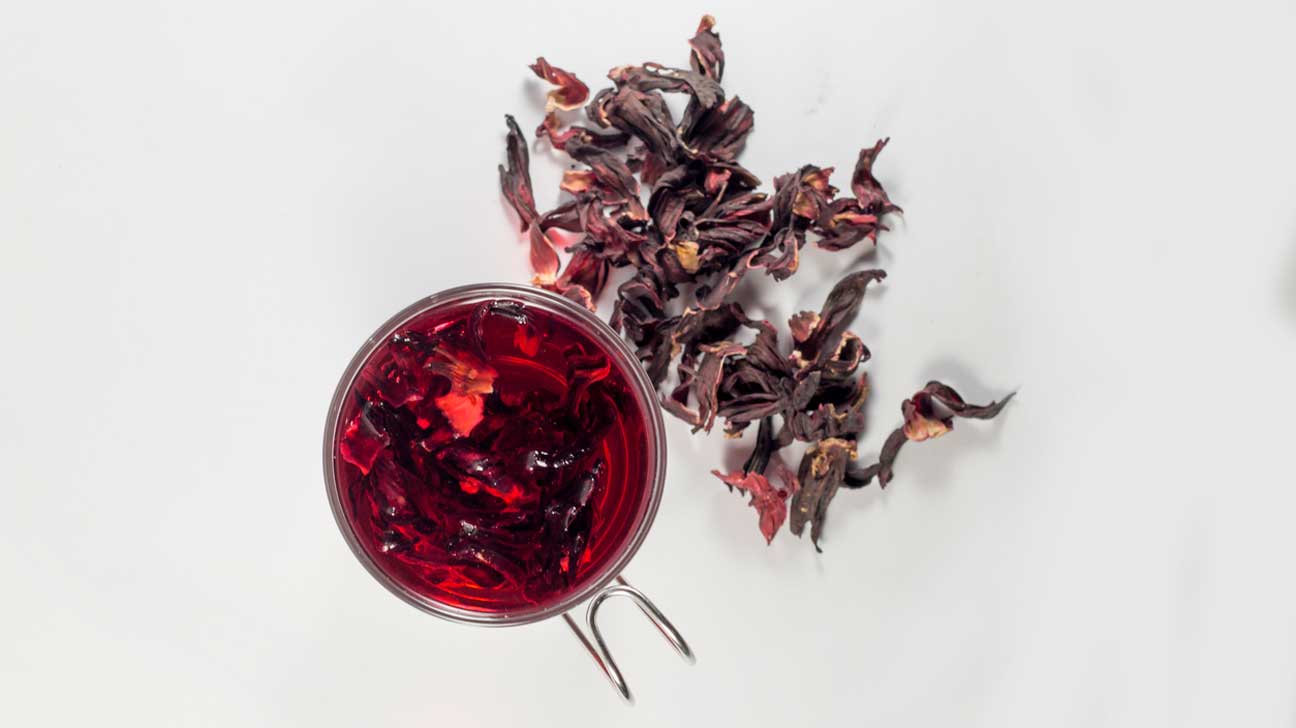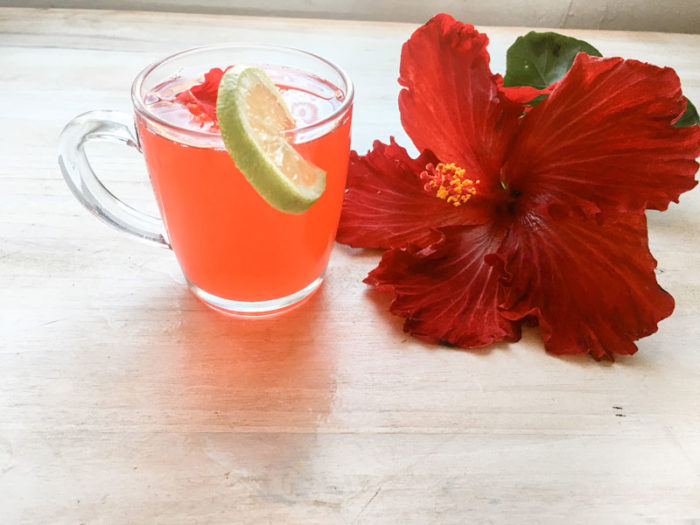Contents
Is Hibiscus Tea Good for Periods?

Hibiscus tea is often considered a natural remedy for menstrual discomfort, thanks to its potential health benefits. Rich in vitamins, minerals, and antioxidants, hibiscus tea might play a role in alleviating common period symptoms like cramps and bloating. Its anti-inflammatory properties can help reduce muscle pain and spasms, often associated with menstrual cramps. Moreover, the tea’s diuretic effect could ease bloating, providing some relief during menstruation.
However, it’s important to approach this remedy with an understanding that individual responses can vary. While some may find significant relief with hibiscus tea, others may experience minimal effects. As with any natural remedy, moderation is key, and it’s always wise to consult with a healthcare provider, especially if you have specific health conditions or are on medication. Hibiscus tea could be a beneficial addition to managing menstrual discomfort, but its effectiveness can differ from person to person.
The Benefits of Hibiscus Tea for Menstrual Health
Here are some of the key benefits of hibiscus tea for menstrual health:
1. Easing Period Cramps: One of the most common challenges during menstruation is dealing with painful cramps. Hibiscus tea can help alleviate these cramps due to its analgesic properties, which can provide relief from the discomfort.
2. Reducing Inflammation: Menstruation can often lead to inflammation in the body, resulting in bloating and discomfort. Thankfully, hibiscus tea has anti-inflammatory properties that can help reduce inflammation. By drinking hibiscus tea regularly, you can potentially minimize the degree of inflammation experienced during your period.
3. Supporting Cardiovascular Health: Another important aspect of menstrual health is maintaining a healthy cardiovascular system. Studies have shown that hibiscus tea can support lower blood pressure and cholesterol levels, which are crucial factors for a healthy heart.
4. Boosting Overall Well-being: Beyond its specific benefits for menstrual health, hibiscus tea offers numerous additional advantages that can support your overall well-being. It is rich in vitamin C, antioxidants, amino acids, and minerals, making it a nutritious and refreshing beverage.

Potential Side Effects and Precautions
While hibiscus tea can be beneficial for menstrual health, it’s important to be aware of potential side effects and take necessary precautions. Here are a few things to keep in mind:
1. Consult with Your Doctor
If you are currently taking any medications, especially those for blood pressure or hormonal balance, it is advisable to consult with your doctor before regularly consuming hibiscus tea. This is because hibiscus tea may interact with certain medications, potentially impacting their effectiveness. Seek personalized advice based on your specific medical condition.
2. Consideration for Pregnant and Breastfeeding Women
Pregnant or breastfeeding women should also be cautious with hibiscus tea. The tea may have effects on hormone levels and blood pressure, which can be significant for expecting or nursing mothers. It’s best to seek medical advice from your healthcare provider before incorporating hibiscus tea into your routine.
3. Allergic Reactions
While rare, some individuals may experience allergic reactions to hibiscus tea. If you have a known allergy to hibiscus or related plants, it is best to avoid consuming hibiscus tea to prevent any adverse reactions. Pay attention to any signs of an allergic response, such as itching, swelling, or difficulty breathing, and seek immediate medical attention if necessary.
4. Moderation is Key
Like with any herbal beverage, it’s important to consume hibiscus tea in moderation. While it has a mild laxative effect that can promote healthy digestion, excessive consumption may lead to loose stools or an upset stomach. Aim for a balanced intake and listen to your body’s signals to avoid any discomfort.
FAQs
Why do I feel weird after drinking hibiscus tea?
Drinking hibiscus tea can cause transient dizziness and fatigue if consumed in excess due to its impact on blood pressure.
What tea is good for menstrual flow?
Chamomile tea has been shown to reduce menstrual bleeding compared to a placebo in a small study.
How to make hibiscus tea for periods?
To make hibiscus tea for periods, boil water, add hibiscus flowers, let steep for 15-20 minutes, and sweeten with honey. Alternatively, cold-brew by combining petals and water, then refrigerate overnight.
I am a medical student with experience and interest in Women’s health and well-being.